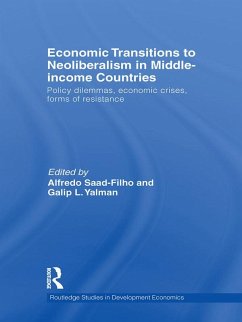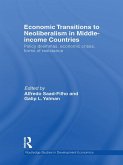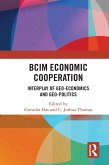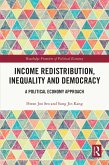These economic and political shifts have reduced the scope for universal welfare provision and led to regressive distributive shifts and higher unemployment and job insecurity in most countries. They have also created an income-concentrating dynamics of accumulation that has proven immune to Keynesian and reformist interventions. This book examines these challenges and dilemmas analytically, and empirically in different national contexts.
This edited collection offers a theoretical critique of neoliberalism and a review of the contrasting experiences of eight middle-income countries (Brazil, China, India, Mexico, South Africa, South Korea, Turkey and Venezuela). The studies included are interdisciplinary, ranging across economics, sociology, anthropology, international relations, political science and related social sciences. The book focuses on a materialist understanding of the workings of neoliberalism as a modality of social and economic reproduction, and its everyday practices of dispossession and exploitation. It will therefore be of particular interest to scholars in industrial policy, neoliberalism and development strategy.
Dieser Download kann aus rechtlichen Gründen nur mit Rechnungsadresse in A, B, BG, CY, CZ, D, DK, EW, E, FIN, F, GR, HR, H, IRL, I, LT, L, LR, M, NL, PL, P, R, S, SLO, SK ausgeliefert werden.









